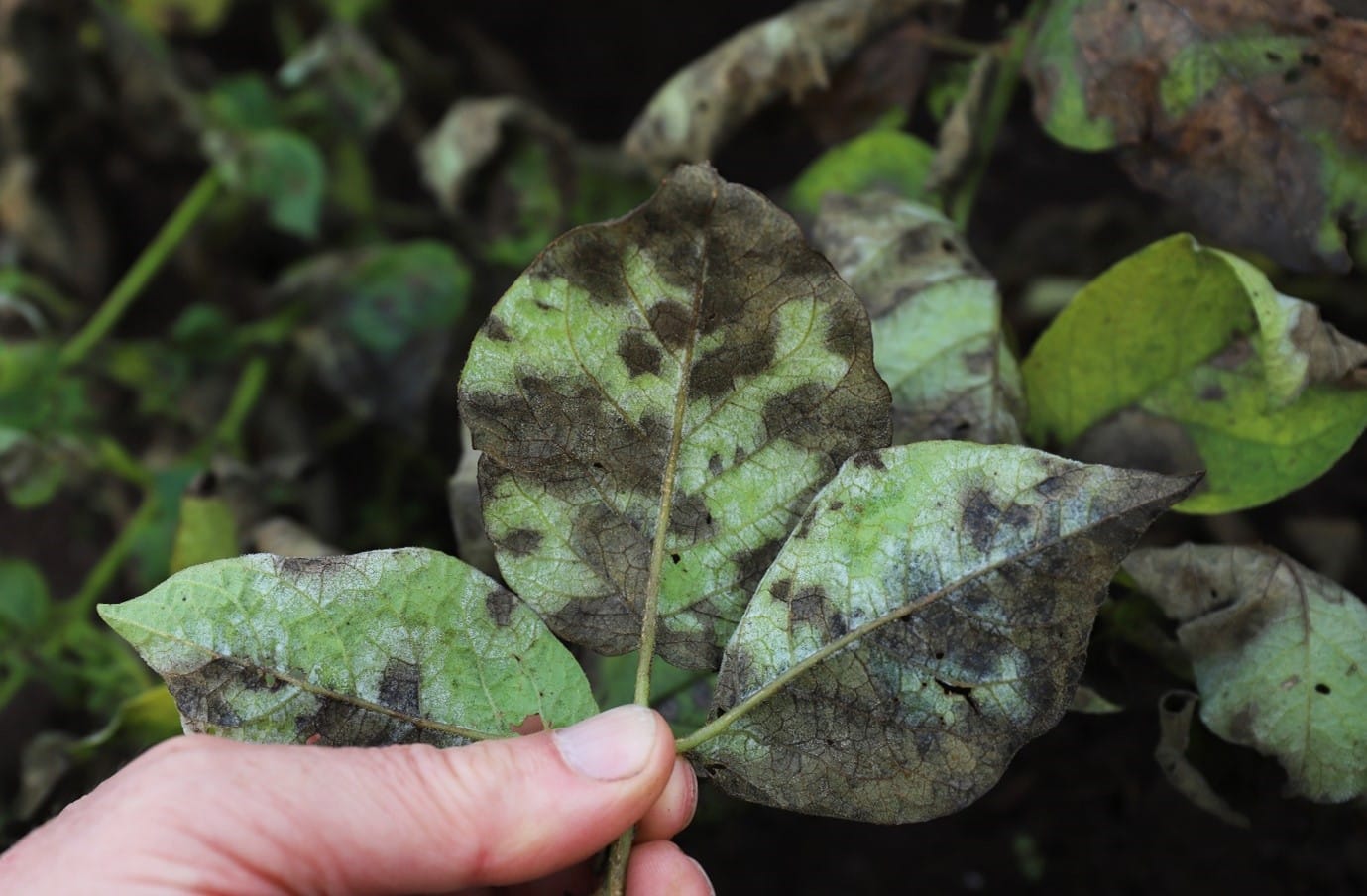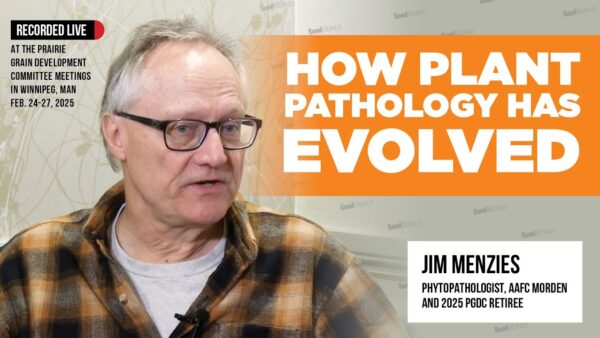Three new funding awards from the Global Challenges Research Fund were recently made to research teams in the Division of Plant Sciences.
Edgar Huitema, Paul Birch and Ingo Hein were awarded £7k to build a strategic link with Indonesia to enhance crop breeding and food production. This award will support reciprocal exchange visits of researchers between Dundee and Indonesia during which research capacity in Indonesia will be assessed, partner institutions engaged and funding opportunities identified. The long term goal of these activities is to enable researchers, breeders and farmers in Indonesia in their bid to improve crop productivity and quality.
Robbie Waugh and Claire Halpin, with Joanne Russell from the James Hutton Institute, were awarded a 3-year PhD studentship for Mr. Girma Fana, an Ethiopian Barley Breeder. Mr Fana will pursue a project to gain a deeper scientific understanding of the extent of local barley genetic diversity in Ethiopia using modern genetic tools, and to develop and implement breeding tools for use ‘in country’ to address sustainable crop production and varietal development. The foundation of the project revolves around the genetic characterisation of unique locally adapted Ethiopian barley genetic resources and using that information and understanding to drive the genetic improvement through a modernised public plant breeding program.
Gordon Simpson and Geoff Barton were awarded £180k for a project designed to transform the annotation of neglected crop genomes. The funding focuses on using the recently developed Oxford nanopore direct RNA sequencing technology that Gordon and Geoff’s teams have been working with over the past year. The team comprises Glenn Bryan and Runxuan Zhang of the James Hutton Institute, and external collaborators in Malaysia and India. In addition, the team will function as a node within the African Orphan Crops Consortium, to test the utility of nanopore RNA sequencing in revealing what the genomes of neglected crops really encode.
Source: University of Dundee











